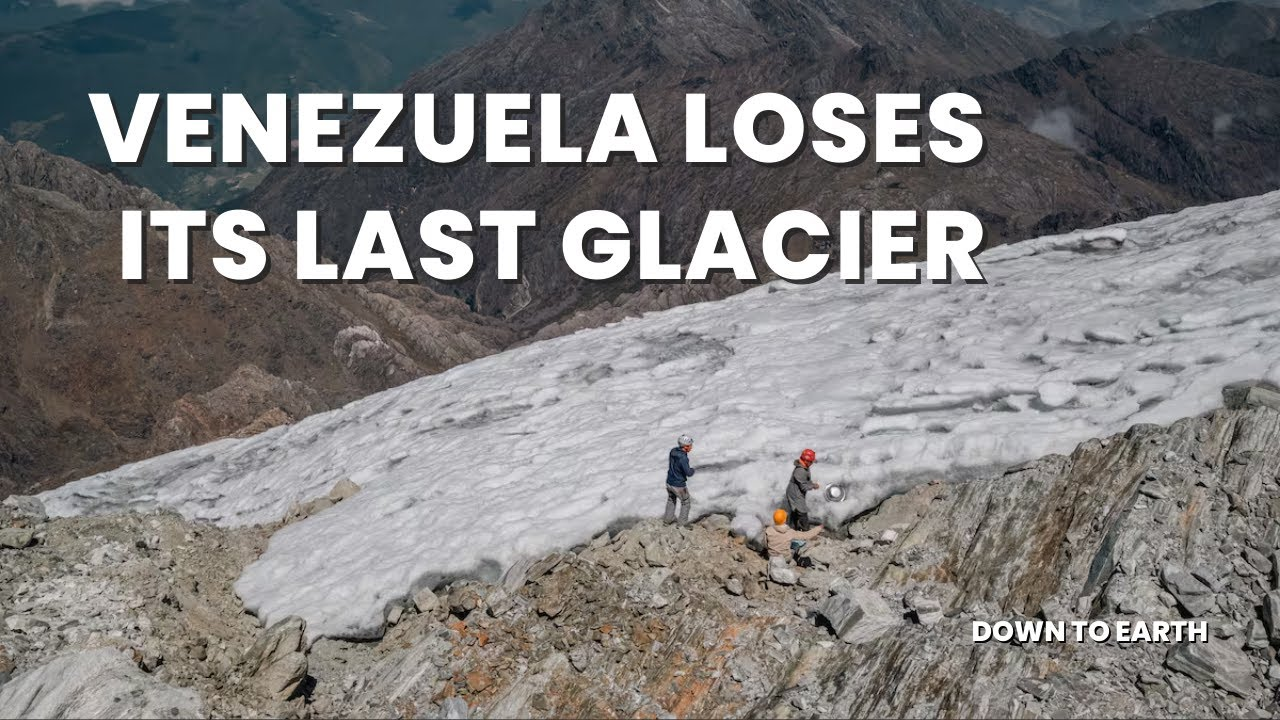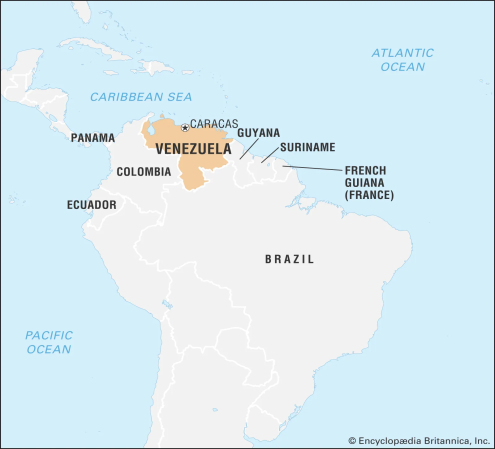Free Courses Sale ends Soon, Get It Now


Free Courses Sale ends Soon, Get It Now



Copyright infringement not intended
Picture Courtesy: https://www.downtoearth.org.in/video/climate-change/how-did-venezuela-s-humboldt-glacier-shrink-to-an-ice-field--96174
Context: The Humboldt Glacier in Venezuela has dramatically shrunk and is no longer classified as a glacier.
About Humboldt Glacier
|
The loss of Venezuela’s glaciers is part of a broader trend affecting glaciers globally. Countries such as Indonesia, Mexico, and Slovenia are also at risk of becoming glacier-free. |
Causes of Rapid Melting
|
A report by the World Meteorological Organization (WMO) highlighted that glaciers in the high-mountain regions of Asia are losing significant mass due to record-breaking temperatures and dry conditions. |

Conclusion
Source:
|
PRACTICE QUESTION Q. Discuss the complex interplay between glacier melt, sea level rise, and the potential for catastrophic flooding events in coastal regions. What are the long-term implications for human settlements and infrastructure in these areas? |
© 2024 iasgyan. All right reserved